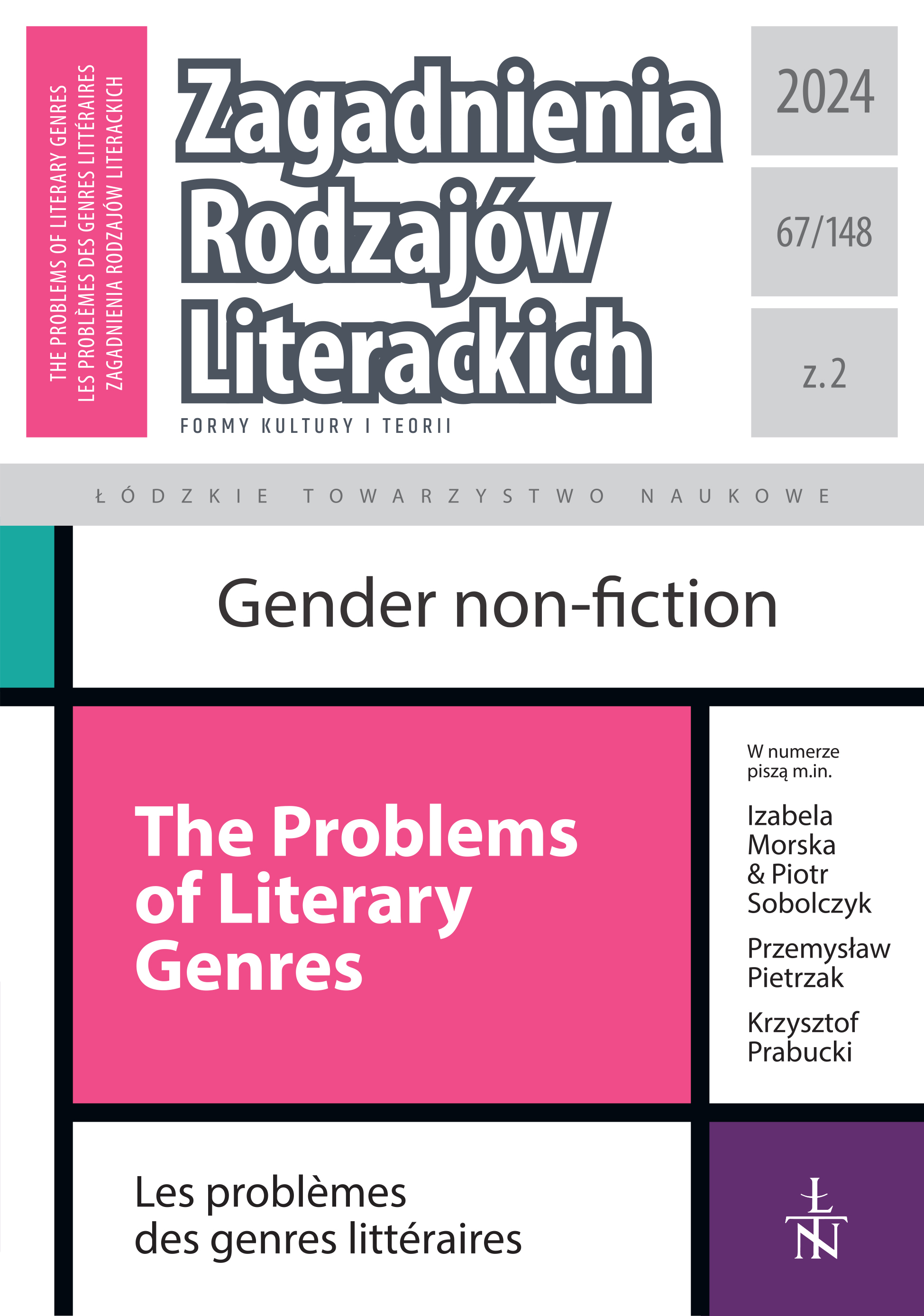„Cała Rosja to nasz Sade”. O poetach spod pomnika Majakowskiego
DOI:
https://doi.org/10.26485/ZRL/2024/67.2/21Słowa kluczowe:
Artyom Kamardin; mayakovsky readings; contemporary russian poetry; activist art; culture and politicsAbstrakt
The essay deals with the verdict issued in Russia in December 2023 over the case of three poets: Artyom Kamardin, Egor Shtovba and Nikolay Daineko, arrested for participating in Mayakovsky readings and reciting anti-war poems in September 2022. The author explains the context of the situation by describing the Mayakovsky reading events conducted since 2009 at the Mayakovsky monument on Triumphal Square in Moscow, as well as its genesis — the Mayakovsky readings, taking place from 1958 to 1961. Recalling the memories of the participants of the first campaign, contained in Lyudmila Polikovskaya’s book My predchuvstviye… predtecha… Ploshchad’ Mayakovskogo 1958–1965 and fragments of interviews with her contemporary supporters, the author examines in what ways contemporary readings resembled the original and how they differed from it. The starting point for essayistic reflections on the situation of detained poets is Dmitry Bykov’s article All Russia is our Sade on sadomasochism in Russian culture and Mikhail Yampolsky’s book Park kul’tury: Kul’tura i nasiliye v Moskve segodnia, which describes the relations between culture, politics and violence in contemporary Russia. The author notes that perhaps the poets’ greatest offense was an attempt to practice politics as defined by Jacques Ranciere, i.e. introducing the voice of new entities into the community and making visible what was not visible before. At the essay’s conclusion, the author quotes from a poem by Artyom Kamardin that started the criminal case.
Liczba pobrań
Pobrania
Opublikowane
Jak cytować
Numer
Dział
Licencja
Prawa autorskie (c) 2025 Łódzkie Towarzystwo Naukowe i autorzy

Utwór dostępny jest na licencji Creative Commons Uznanie autorstwa – Użycie niekomercyjne – Bez utworów zależnych 4.0 Międzynarodowe.








